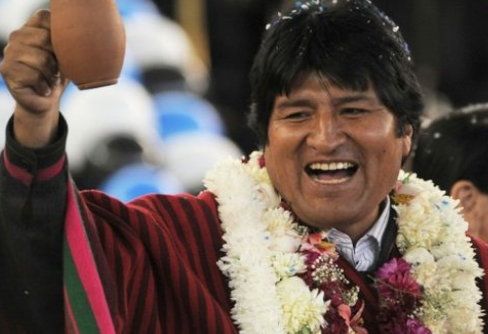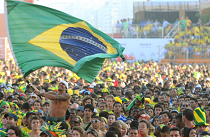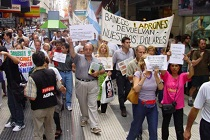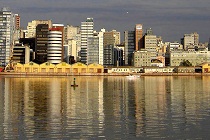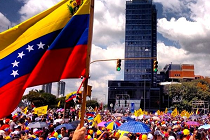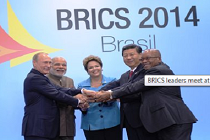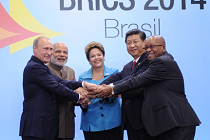Evo Morales wins Bolivia again
The re-election of Evo Morales as Bolivia's president in the recent elections is a recognition of his success in emancipating the poor indigenous people of the country and economic management of the country. It is also an inspiration and matter of pride for the indigenous people of the whole of Latin America, as well those of the world

